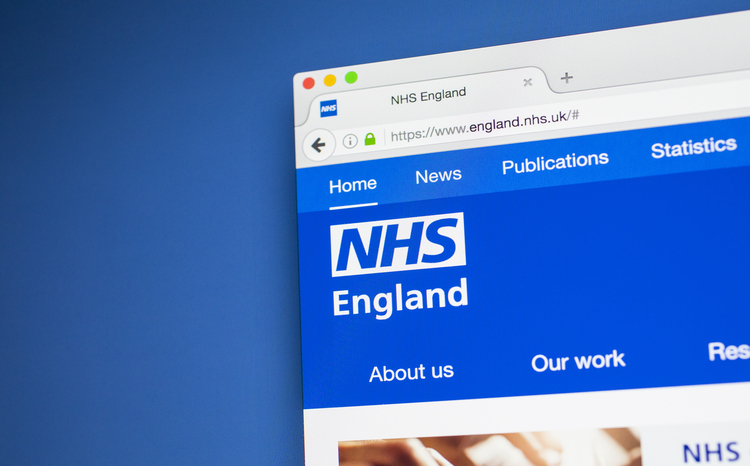New ‘intelligent’ NHS health checks to be driven by predictive analytics
- 16 August 2019

The Department of Health and Social Care (DHSC) has announced a radical change to NHS health checks, as it launches a review to explore how analytics and data-driven technologies can deliver personalised health advice to patients.
The “new look” NHS health checks intend to make prevention and treatment much more effective by looking at whether tailored programmes that take age, genetics and socioeconomic factors into account can more effectively prevent disease.
The changes are part of a wider shift from “blanket approaches” to public health, toward a modernised, future-proof system that takes risk or personal choices into account, harnessing the latest technologies.
Drawing on developments in cancer treatment – the most advanced area of personalised medicine in terms of detection and treatment – DHSC will explore how data might also be used to help reduce individuals’ risk of developing other conditions that cause early death, such as high blood pressure, Type 2 diabetes, stroke, kidney disease and heart disease.
These “personalised, intelligent health checks” will be offered to patient groups based on their specific risk factors.
For example, one test might target drinking advice at 40 to 49-year-olds, as alcohol use is more common in this age group, while 70 to 74-year-olds could be targeted with advice on how to reduce their blood pressure.
A review of the NHS health check programme will look at ways to maximise uptake so more people can benefit from new smarter checks, targeted towards those most at risk.
DHSC will look at where digitisation is most appropriate, and consider increasing the range of advice checks can offer – for example, prevention of musculoskeletal problems or early action on hearing loss.
It will also explore a specific check-up for those approaching retirement age to help prevent or delay future care needs.
Health secretary Matt Hancock said: “Personalised, preventative healthcare is mission critical to the future-fit healthcare service we want to build. We must harness the latest technology and techniques to move away from the one-size-fits-all approach of the past.
“The review we are announcing today will be an important step towards achieving that, helping us to find data-led, evidenced based ways to support people to spot, manage and prevent risks to their health through targeted intervention.”
Currently, “one size fits all” health checks are commissioned by local authorities and offered on a standard basis to everyone over the age of 40-74, with little attention to their individual risks or needs.
Underpinning the Long Term Plan
The Government hopes that the new analytics-based health checks will “underpin” the commitment laid out in the NHS Long Term Plan to prevent 150,000 heart attacks, strokes and cases of dementia.
According to DHSC, over 14 million people – 90% of the eligible population – have been offered an NHS Health Check in the last five years, with nearly seven million have taken up the offer.
In this period, over 700,000 people have been identified as being at high risk of cardiovascular disease.
DHSC claimed an estimated 500 lives were saved each year as a result of NHS health checks, but said there was “potential for people to benefit even more from a more tailored service.”
Jacob West, executive director of healthcare innovation at the British Heart Foundation, said: “For ten years NHS health checks have played a significant role in identifying and supporting those at risk of developing cardiovascular disease, towards reducing the incidence of heart disease, diabetes and stroke in England.
“But we know that uptake is variable, so we welcome the Government’s decision to review the health check programme, revisiting the evidence in the light of the latest scientific and technological development and finding better ways of targeting checks at those most likely to benefit.
“The British Heart Foundation look forward to playing an active role in the review, drawing on the extensive expertise of our researchers, partners in health and care and the insights of patients and the public to ensure any changes lead to meaningful improvements in peoples’ health.
“Improving the effectiveness and uptake of health checks could play a key part in delivering the NHS Long-term plan commitment to prevent 100,000 heart attacks and strokes over the next ten years.”
Related stories:
- Government pledges £250m for National AI Lab to improve diagnostics
- Five million volunteers to have DNA analysed in new genomics projects
- Advisory Series: Population health management





